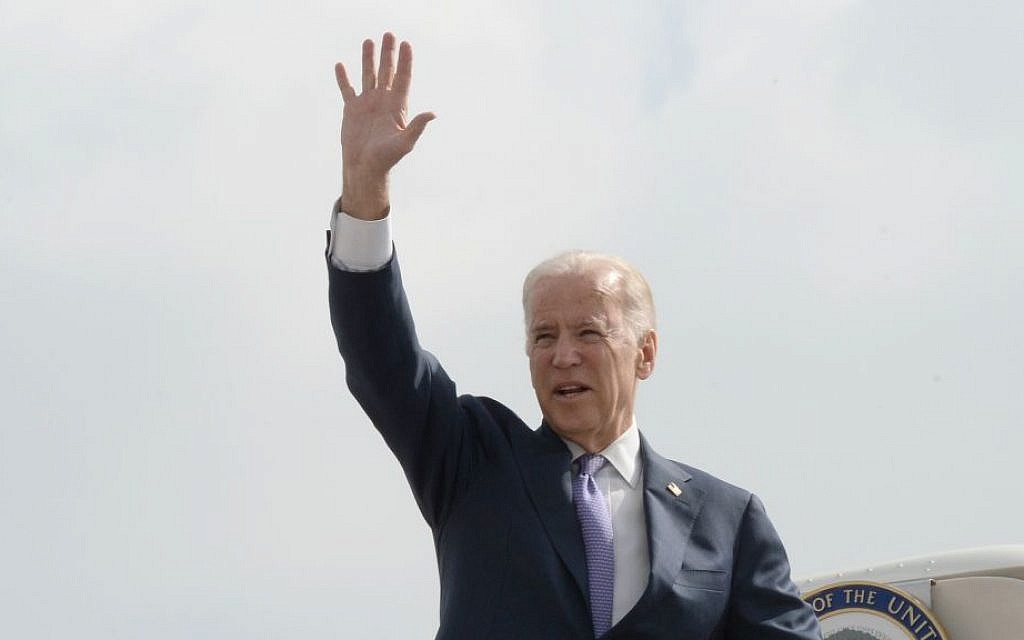
U.S. President Joe Biden ended his reelection campaign on Sunday after Democrats questioned his mental acuity and ability to defeat Donald Trump. He did not endorse Vice President Kamala Harris as his successor.
In a post on X, Biden, 81, stated he will serve as president until his term ends in January 2025 and will address the nation this week. “While it has been my intention to seek reelection, I believe it is in the best interest of my party and the country for me to stand down and focus on fulfilling my duties as President,” he wrote.
Biden’s withdrawal could pave the way for Harris to run, potentially becoming the first Black woman to do so, though her candidacy remains uncertain. Other senior Democrats might challenge her for the nomination, or the party might open the field for other candidates.
Biden’s decision follows significant pressure from Democratic lawmakers and party officials after his poor performance in a June 27 debate against Trump. His frequent lapses in clarity overshadowed Trump’s false statements, raising concerns about Biden’s fitness for another term.
Recent gaffes at a NATO summit, where he mistakenly mentioned Russian President Vladimir Putin instead of Ukrainian President Volodymyr Zelenskiy and referred to Harris as “Vice President Trump,” further fueled anxieties.
Biden’s historic decision makes him the first sitting president to relinquish his party’s nomination for reelection since President Lyndon Johnson in 1968, leaving his successor with less than four months to campaign.
